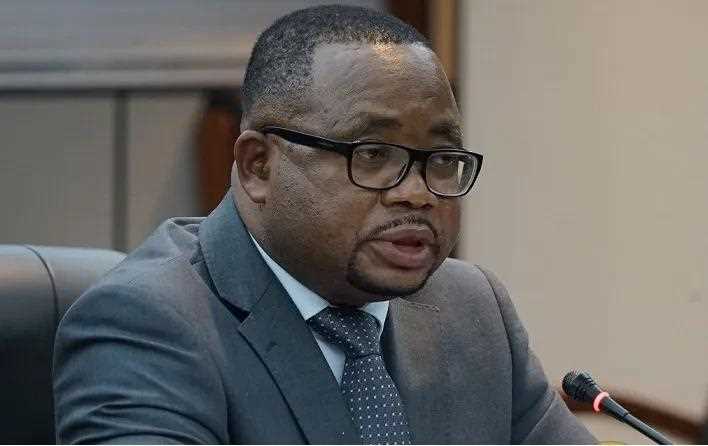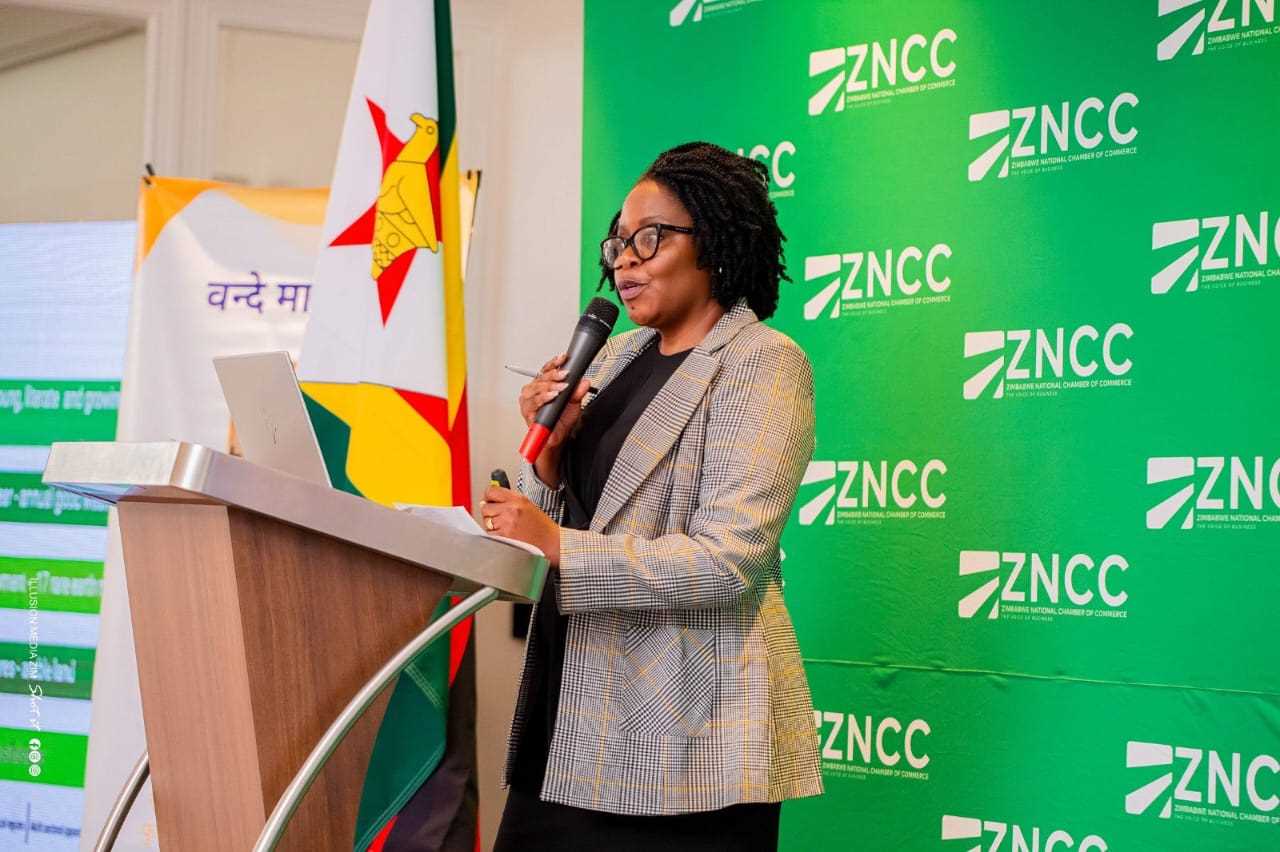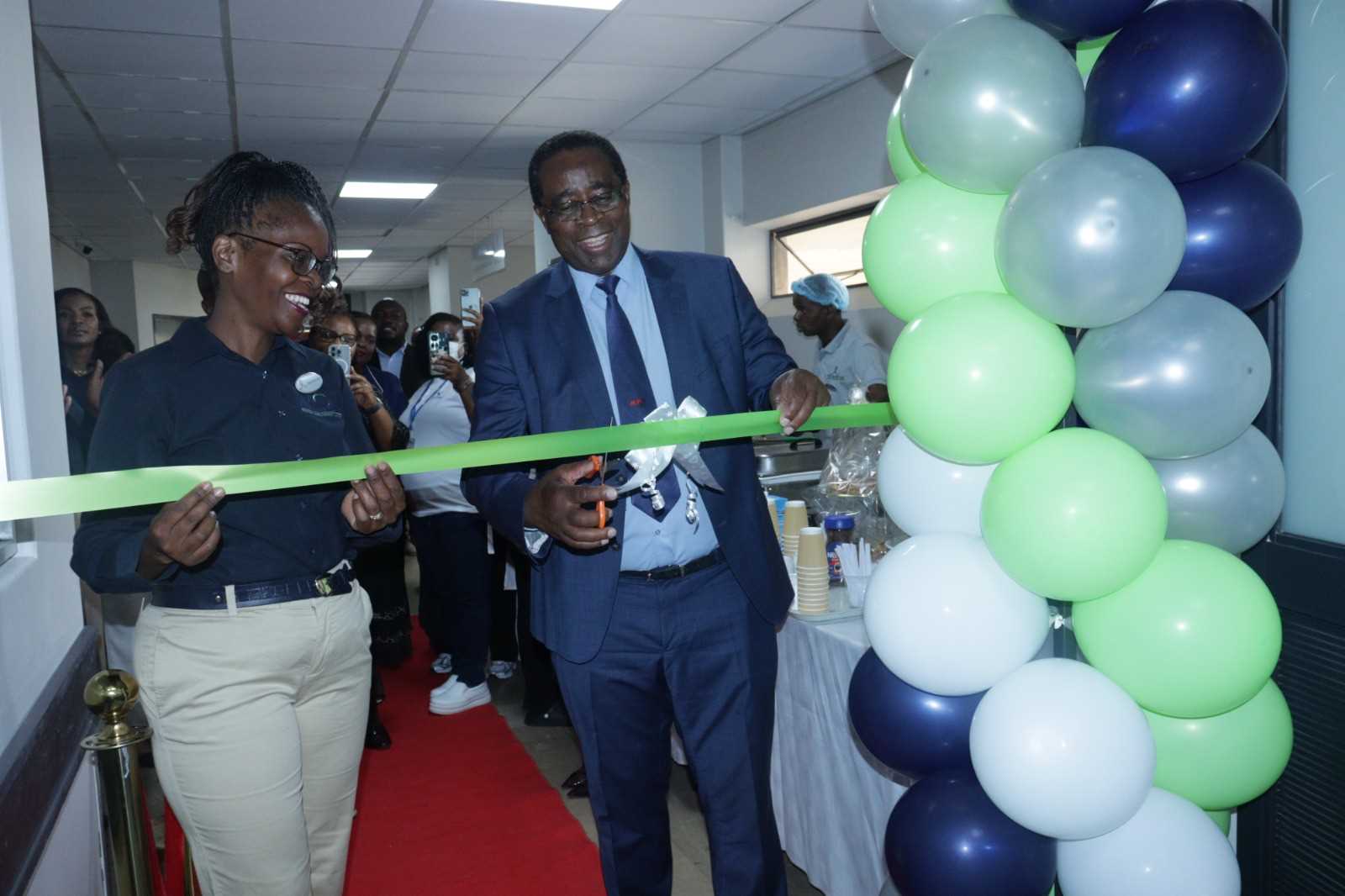
Philemon Jambaya
Zim Now Editor
As Zimbabwe strives to become an upper-middle-income society by 2030, a pressing challenge stands in the way: the country's significant skills gap. To address this issue, stakeholders in the Higher and Tertiary Education sector are rallying together, emphasizing the need for a coordinated approach to solution-finding.
Related Stories
Professor Paul Mavhima, Minister of Skills Audit and Development, stresses that a targeted strategy is crucial, particularly when it comes to international scholarships. "We need to focus on areas of need as a first priority," he explains. This involves identifying skills shortages and directing scholarships towards those areas, ensuring that students acquire qualifications that align with national aspirations ¹.
Mavhima also highlights the importance of understanding the institutions where students are sent to study. "When they return, their qualifications should provide specific skills that contribute to achieving our national goals," he adds.
Professor Kudakwashe Chitindingu echoes this sentiment, emphasizing the need for a platform where stakeholders can share ideas on addressing the skills gap. "By working together, we can move faster towards our national aspirations," he notes. One key recommendation is to coordinate scholarships to address existing skills gaps ¹.
The government is already playing a vital role in providing access to quality education, including assistance through the Presidential and National Scholarship programs. These initiatives aim to empower deserving students and foster a skilled workforce.




















Leave Comments